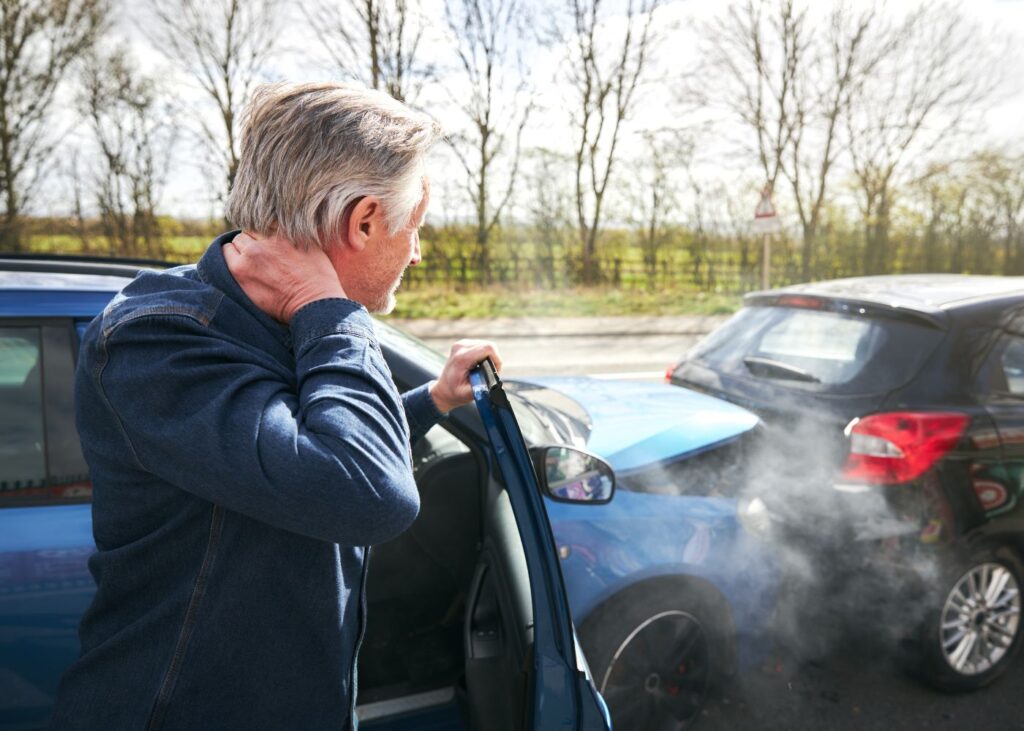
No one ever plans to get into a car accident, but when it happens, it’s critical to know what steps to take immediately after the incident. Whether it’s a minor fender bender or a more severe collision, the moments following a car accident are crucial. From ensuring your own safety to managing the legal and insurance processes, there are specific actions you must take for your well-being and to protect your interests.
Ensure Safety and Call for Help
The first step in any car accident is to ensure the safety of all parties involved. If the accident is minor, move your vehicle out of traffic if possible to prevent further accidents. Turn on your hazard lights and, if necessary, put out flares or warning triangles. If you or anyone else is injured, call for emergency medical assistance immediately. It’s important to remember that personal safety comes first in any accident scenario.
Gather Information and Report the Accident
Exchange information with the other driver. Collect names, addresses, phone numbers, insurance details, and license plate numbers. If there are witnesses, gather their information as well. It can be helpful to take photos of the scene, the vehicles, and any injuries. Reporting the accident to the police is generally required by law and provides an official record of the incident. Note the officer’s name and badge number for your records.
Seek Medical Attention
Even if you think you’re not injured, it’s critical to see a doctor as soon as possible. Some injuries, like whiplash, may not be immediately apparent. By seeking medical attention, you’re ensuring that any injuries are properly documented, which is essential when dealing with insurance claims or legal proceedings. Delaying medical treatment can also be used by insurance companies to diminish the value of your claim.
Notify Your Insurance Provider
The next step is to notify your insurance company of the accident. Be sure to do this in a timely manner, as many policies have strict reporting deadlines. Follow the outlined procedures for reporting an accident, and provide as much detail as possible. Your insurance company can guide you through the process of filing a claim and may also provide additional assistance, such as arranging for vehicle repairs or alternative transportation.
Keep Detailed Records and Consider Legal Counsel
Throughout the post-accident process, it’s crucial to keep detailed records of all communications, expenses, and damages related to the accident. This includes medical bills, repair estimates, rental car receipts, and any other out-of-pocket costs. In some cases, it may be wise to consult with a car accident lawyer, especially if there are disputes over fault or liability. Legal counsel can help protect your rights and ensure you receive fair compensation for your losses.
By following these essential steps, you can proactively address the aftermath of a car accident, protect yourself legally and financially, and set the stage for a smoother recovery process. Remember that in the wake of an accident, you have rights and responsibilities. Taking the right steps can make a significant difference in the outcome of your situation.


